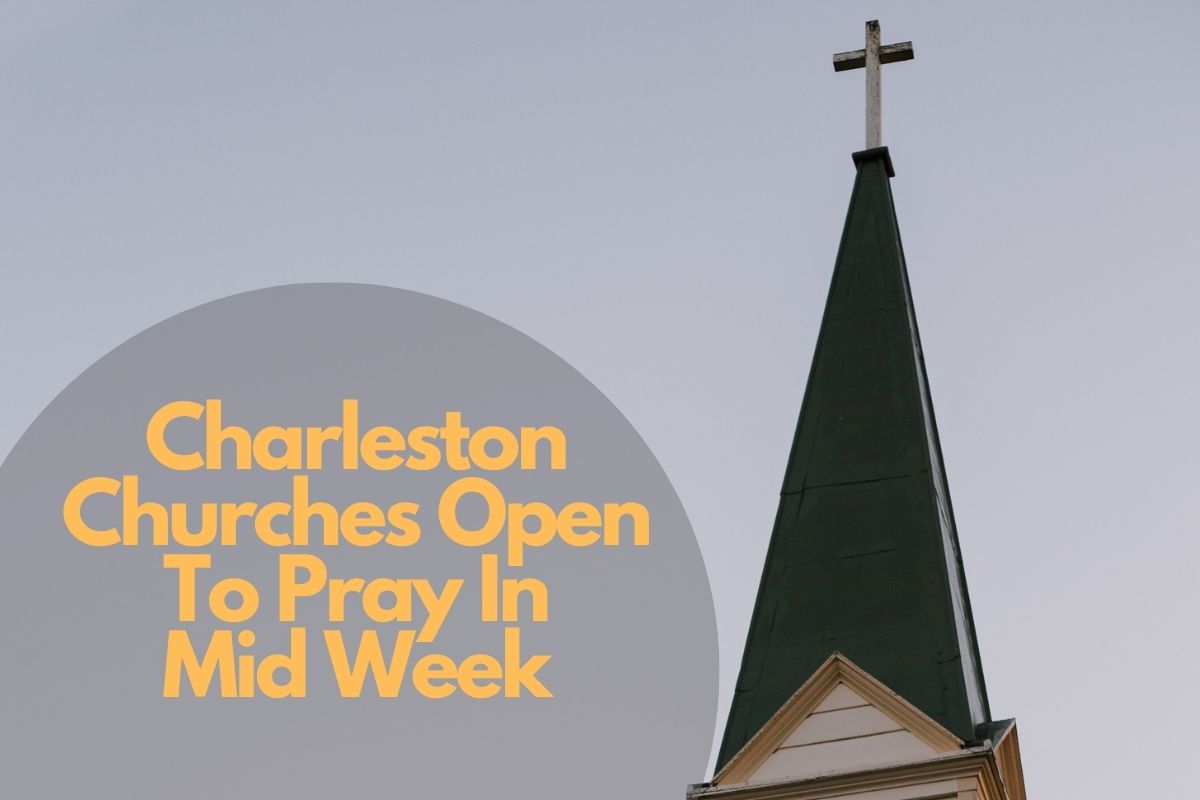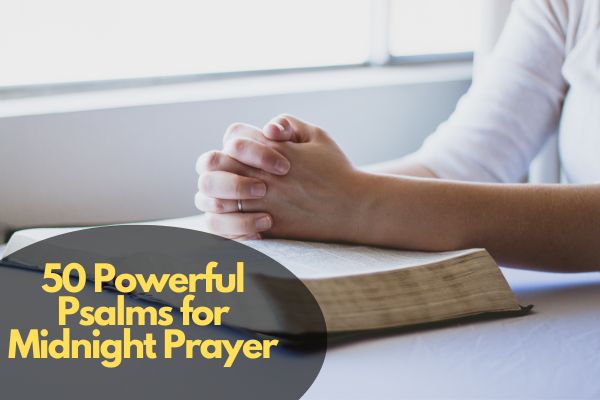Is Easter Always on Sunday; Easter, one of the most significant Christian holidays, celebrates the resurrection of Jesus Christ. It holds deep religious and cultural importance for millions of people worldwide. Central to the observance of Easter is the question of its timing: Is Easter always on Sunday? This article looks into the intricacies of Easter’s timing, exploring its historical origins, the factors influencing its date, and whether it always falls on a Sunday.
Is Easter Always on Sunday
Yes, Easter is consistently celebrated on a Sunday, according to Christian tradition. The significance of Sunday stems from the belief that Jesus rose from the dead on the first day of the week, following his crucifixion on Friday.
While Easter Sunday is fixed, the exact date varies from year to year. This variability is due to the complexities of the computus and the differing lengths of the lunar and solar calendars. As a result, Easter can fall anywhere between March 22nd and April 25th.
Historical Origins of Easter
The origins of Easter trace back to early Christianity and its integration with pre-existing pagan traditions. The date of Easter was initially tied to the Jewish festival of Passover, which commemorates the Israelites’ liberation from slavery in ancient Egypt. Early Christians linked the resurrection of Jesus to Passover, as the Last Supper and Crucifixion occurred during this period.
The Council of Nicaea in 325 AD played a pivotal role in establishing a standardized date for Easter. It decreed that Easter should be celebrated on the first Sunday following the first full moon after the vernal equinox, ensuring its alignment with both Christian tradition and the changing seasons.
Calculating the Date of Easter
The calculation of Easter’s date follows a complex set of rules known as the computus, which incorporates astronomical and ecclesiastical elements. Key factors influencing the date include:
1. The Paschal Full Moon: This is the first full moon after the vernal equinox, determining the start of the Easter season.
2. The Vernal Equinox: Occurring around March 20th each year, the vernal equinox marks the beginning of spring in the Northern Hemisphere.
3. The Gregorian Calendar: Most Christian denominations now use the Gregorian calendar for determining Easter’s date, which differs slightly from the older Julian calendar.
Implications and Observance
The shifting date of Easter can impact various aspects of its observance, including:
1. Liturgical Calendar: Churches plan their liturgical calendar around the date of Easter, with Lent, Holy Week, and other observances leading up to it.
2. Cultural Traditions: Many cultures have developed unique customs and traditions associated with Easter, such as egg hunts, parades, and special meals.
3. Commercial Considerations: Retailers and businesses may adjust their marketing strategies and promotions based on the timing of Easter, particularly other holidays like Valentine’s Day and Mother’s Day.
Conclusion
Easter’s status as a movable feast adds to its mystique and significance, highlighting the intersection of faith, astronomy, and tradition. While its date may fluctuate, the essence of Easter remains constant: a time of renewal, hope, and celebration for Christians around the world. So, while Easter may not always fall on the same calendar date, its observance on Sunday serves as a timeless reminder of the central event in Christian belief—the resurrection of Jesus Christ.







